Purchases of business-to-business (B2B) services from overseas suppliers are subject to the reverse charge procedure. This means that the UK recipient of the service is liable to account for VAT on the supply, even if the supplier is not VAT registered in the UK.
The reverse charge applies to supplies of services where:
- The place of supply is the UK.
- The supplier is outside the UK.
- The recipient is in the UK.
- The supply is not exempt from VAT.
The reverse charge does not apply to supplies of services to non-businesses.
The reporting requirements for the reverse charge are as follows:
- The recipient of the service must enter the full value of the supply in box 6 of their VAT return.
- The recipient of the service must enter the notional amount of VAT (20% of the value of the supply) in box 1 of their VAT return.
- The recipient of the service may be able to reclaim the notional amount of VAT as input tax, depending on their partial exemption status.
The reverse charge has a number of implications for businesses, including:
- It can increase the administrative burden for businesses, as they need to keep track of all overseas purchases of services and account for VAT on those supplies.
- It can impact on cash flow, as businesses may need to pay VAT on overseas purchases of services before they have received the invoice from the supplier.
- It can make it more difficult for businesses to claim back VAT, as they may need to provide evidence of the overseas purchase to HMRC.
If you are a business that purchases B2B services from overseas suppliers, you should be aware of the reverse charge procedure and the implications it has for your business. You should also ensure that you are keeping accurate records of all overseas purchases of services so that you can correctly account for VAT on those supplies.
